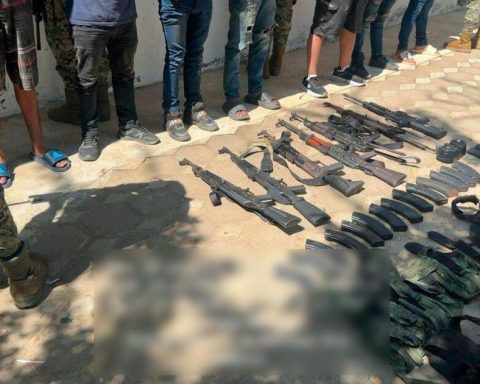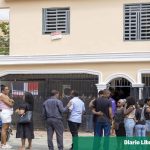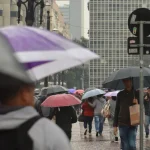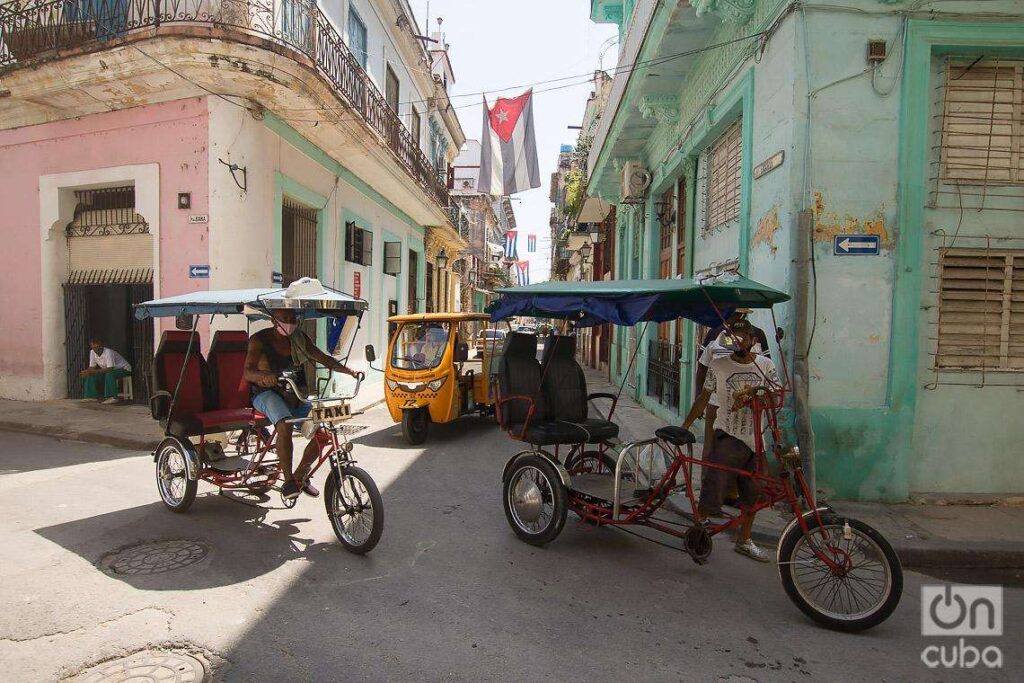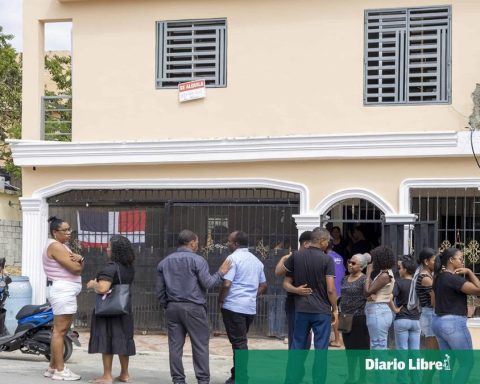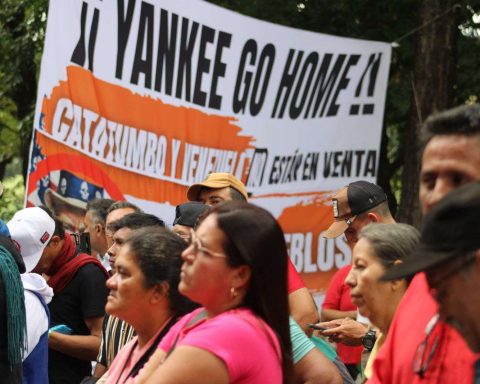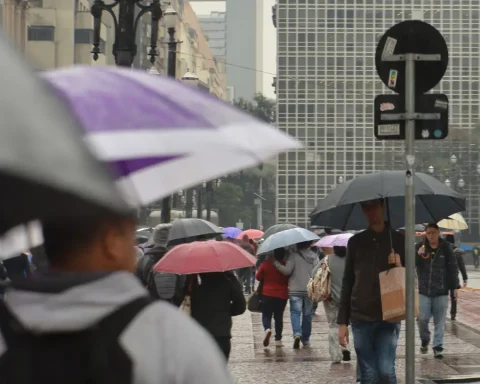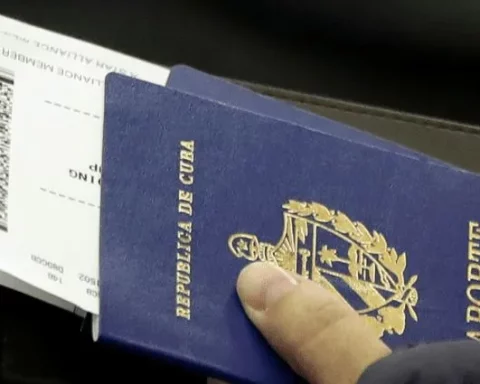Laura Poy Solano
Newspaper La Jornada
Sunday, August 21, 2022, p. 7
The new curriculum for basic education, which will come into force in the 2023-2024 school year, poses a new way of understanding the school, the teaching work and the participation of the students themselves, but it lacks a clear path of change in the initial training of teachers and in service. A radical transformation is proposed, but without a diagnosis of how schools are today after the covid-19 pandemic
affirmed professors-researchers from the Meritorious National School of Teachers (BENM).
In an interview, Érika Anaya, Óscar Cortés Jiménez and Juan Manuel Rendón Esparza, professors at that university, highlighted that Once again, the teacher is left as a simple operator of the reform that is to be brought to the classroom, and not as an education professional who can provide knowledge and solutions.
As of Monday, intensive training workshops on the new plan will begin in schools across the country, which should be launched in all schools in August 2023.
After the Ministry of Public Education (SEP) released this Friday in the Official Journal of the Federation the new curriculum for preschool, primary and secondary education, whose pilot phase will be applied in the 2022-2023 cycle in 30 schools per state, underlined that the current federal government missed the opportunity to build, from the really collective, a different educational model
.
Cortés Jiménez recognized that the new SEP plan is different from the previous ones because raises a vision of citizenship and interculturality, and there are substantial changes by recognizing the work in the classroom by projects, which is a pedagogical proposal that is not new, but that was intensely combated in previous administrations
.
However, emphasized Anaya, an expert in educational issues, This proposal also comes to us with many contradictions, since it speaks of an education in dialogue with the community, with the student and the parents, but it was not built on that basis. What happened in the schools is that there was no discussion. And now, it seems that they only want to legitimize a supposed consultation with the teachers, affirming that there were forums and assemblies
.
Rendón Esparza indicated that although We agree with many of the approaches, such as seeking to build critical thinking in students, and therefore an emancipatory and decolonizing education, is not a process that can be given by decree or just because it is included in a new curriculum. It would be necessary to analyze what the real conditions are, both material and organizational, of what happens in schools
.
He assured that we are before a magisterium tired of being a simple operator of reforms that come and go, that change when one six-year term ends and another begins. There is a risk that this project will only remain a speech or an imposture, without becoming a tool for the educational change that the country needs.
.

